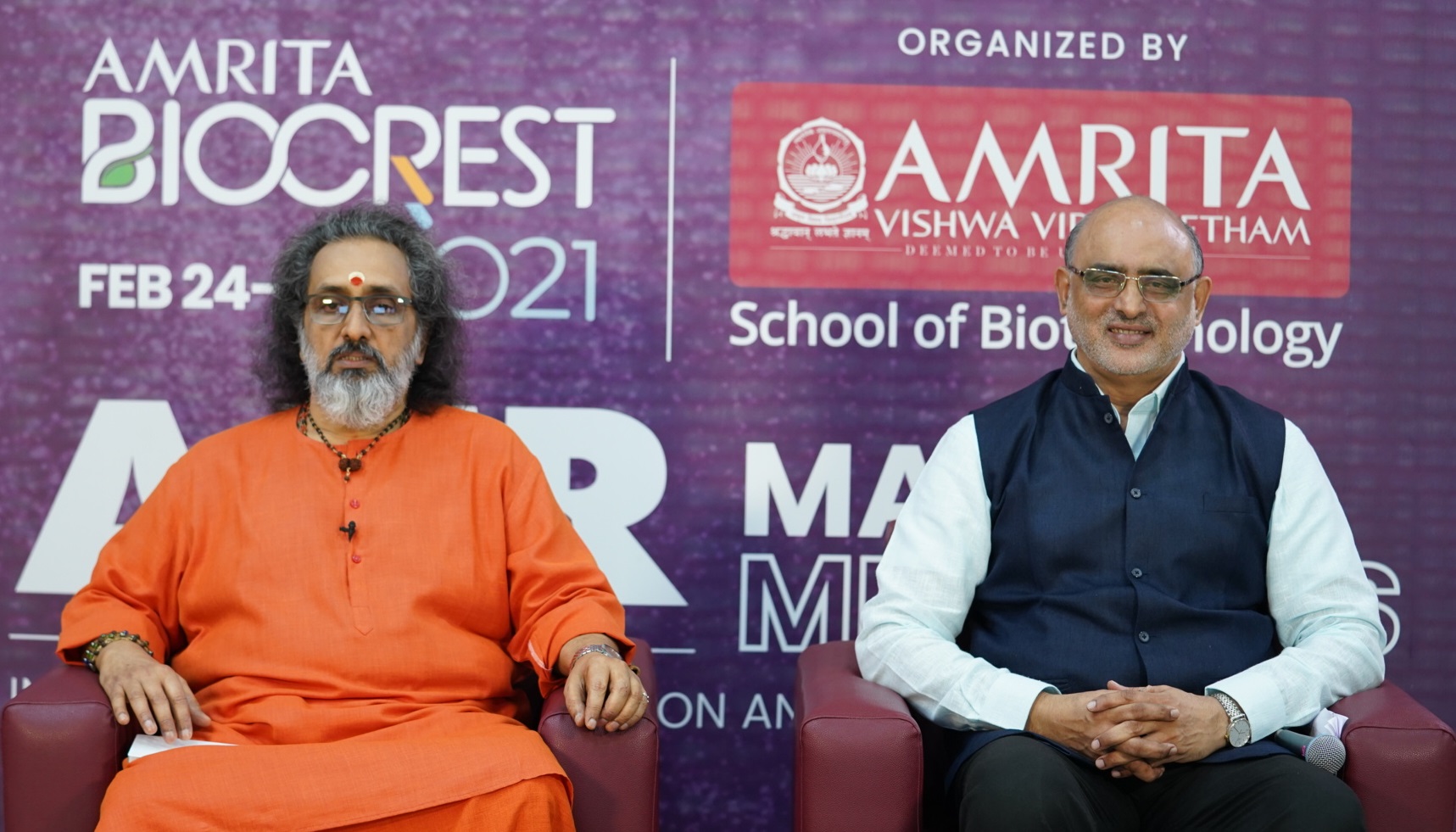India now the epicenter of the ‘slow pandemic’ of AMR that is posing a clear and present danger to humanity, say experts
-
Titled “Man v/s Microbes –The Race of the Century,” the three-day event (Feb 24-26, 2021) is hosting 18 AMR experts from around the world
-
The India Innovation Pavilion, to be held on February 25, 2021, would highlight the AMR innovation work being done by some of the best companies in India

